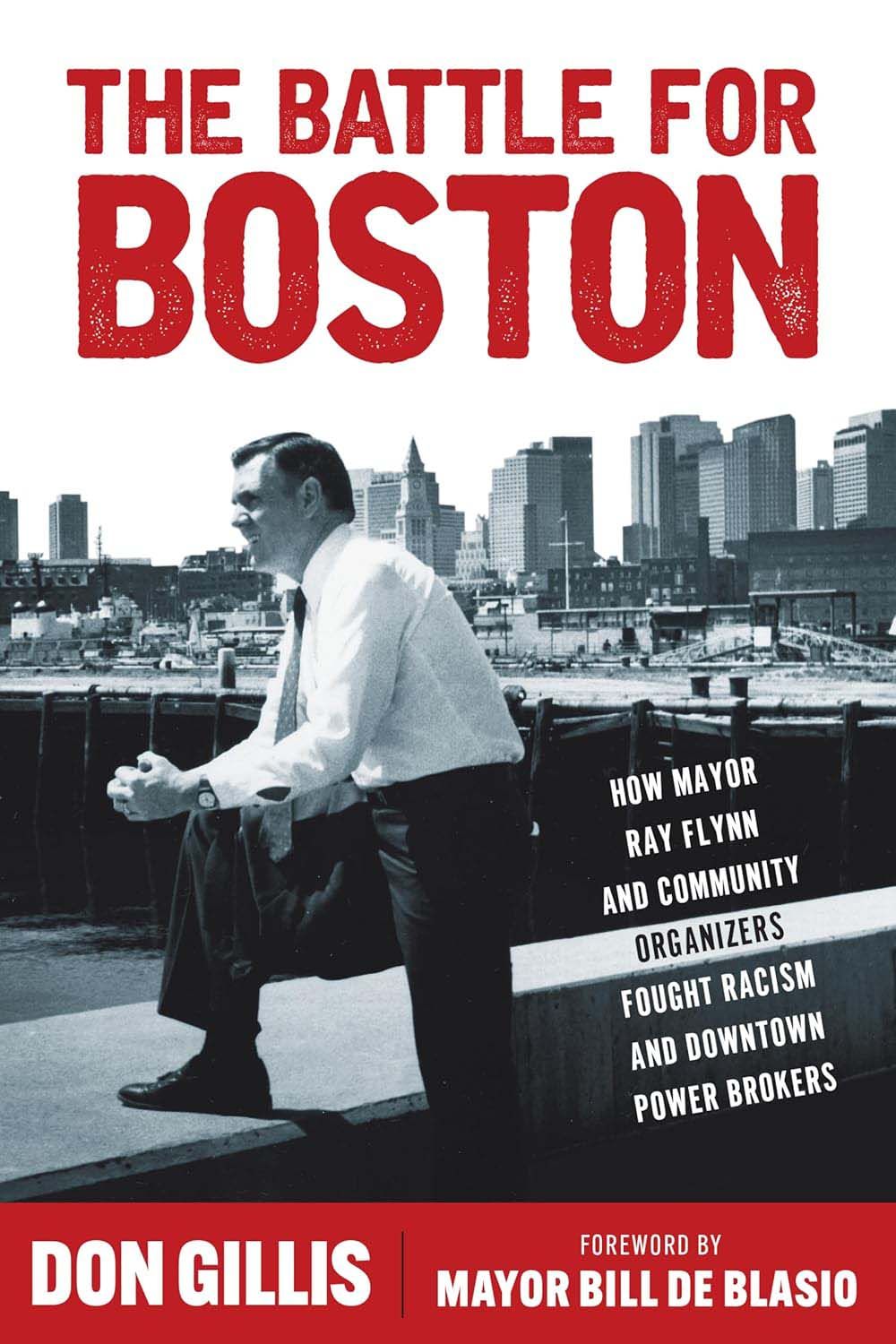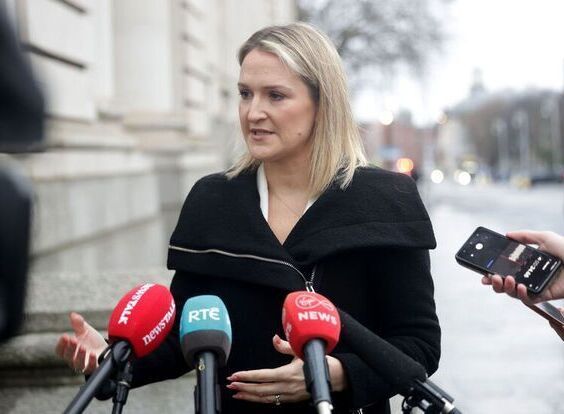Written by Boston community activist and academic Don Gillis, who played key roles both in Ray Flynn’s 1983 remarkable underdog election to the office of Boston Mayor, as well as in City Hall, "The Battle For Boston" speaks to the heart of Flynn’s catalyst role in charting a new course that took Boston on a journey that challenged entrenched special interests.
During Flynn's time in office, real estate developers, landlords, and banking industry leaders found themselves confronted as never before by effective multi-faced grassroots campaigns.
As someone who was also part of that campaign, and then served in the Flynn Administration, I especially appreciate the contribution Don Gillis has made in shedding light on the values that drove Ray Flynn and how his commitment to economic justice drove his approach to politics at home and abroad.
The Boston it was then, and still remains, is to a great extent America’s most Irish of cities. Ray Flynn’s arrival in the mayor’s office heralded the arrival of a different type of Boston Irish Mayor.
He was neither an insular technocrat, nor the more familiar type happy to flaunt a love of the old country with the requisite blarney.
While Flynn indeed loved to take center stage in singing an Irish song when needed, his own sense of identity as the grandson of immigrants from Cork and Galway also informed an awareness that Boston thrived on the energy and talents of newcomers.
This was what rapidly emerged in the 1980s and 90s in a city that had lost almost a third of its population due to industrial decline in the previous decades.
That also helps explain why, in addition to driving major policy initiatives on affordable housing generation and economic development, along with re-establishing the city’s financial stability, Flynn also focused on the well being of the city’s immigrant community.
This included its undocumented residents across the board - Haitian, Latino and Asian, as well as the many young Irish people, by providing them access to basic health care and legal counsel under the Mayor’s Office of Immigrant Rights Bureau, which Flynn established in 1987.
The office worked with neighborhood health centers and public hospitals in providing basic health for young and old, regardless of status. It provided a secure location for people to come as needed for assistance.
Those efforts were driven by compassion and decency and stand in sharp contrast to the scenes being witnessed today. Consistent with his years as a Boston City Councilor and state legislator, Flynn, as mayor, parlayed his enhanced role in constructively trying to help end the conflict in Northern Ireland.
This included using his influence as Mayor of Boston to actively promote fair Investment in Northern Ireland and cross border partnerships efforts, North and South, with Boston Ireland Ventures - and this a decade before the Good Friday Agreement.
By Flynn'a executive order, Boston became the first city to implement the MacBride Fair Employment Principles.
He soon followed by leading the effort, as President of the U.S. Conference of Mayors, in promoting divestment from South Africa during the height of the apartheid regime. Joining him in that effort in her many visits to Boston was his friend and fellow global citizen, Inez McCormack, also a signatory to the MacBride Principles.
Likewise, on issues of human rights, Mayor Flynn hosted former Greater Manchester Police Chief Constable John Stalker in launching his book that exposed how dark forces within the British government worked to undermine his investigation into what manifested itself as a state-sanctioned shoot to kill policy by the security forces in Northern Ireland.
This effort by Flynn was backed by his testimony before the U.S. Senate Foreign Relations Committee against the US/UK Extradition Treaty while due process of law was denied in Northern Ireland.
All of this was central to Flynn’s belief that “you can’t pick and choose on matters of human rights.” Overall, "The Battle For Boston" gives a wider insight into how Ray Flynn's sense of leadership and coalition building helped transform Boston and set new standards for fairness and better urban governance.
The book represents a useful study in how meaningful change can happen by building consensus around issues of common concern to help transform a city's and a region’s political and social landscape by coalition building from the community level up, while rejecting historically entrenched divisive politics, racial and otherwise.
“The Battle for Boston: How Ray Flynn and Community Organizers Fought Racism and Downtown Power Brokers" is published by Fordham University Press.
Dr. Francis Costello served as Mayor Flynn’s Press Secretary, as an economic development official, and as an advisor on Irish American issues.









